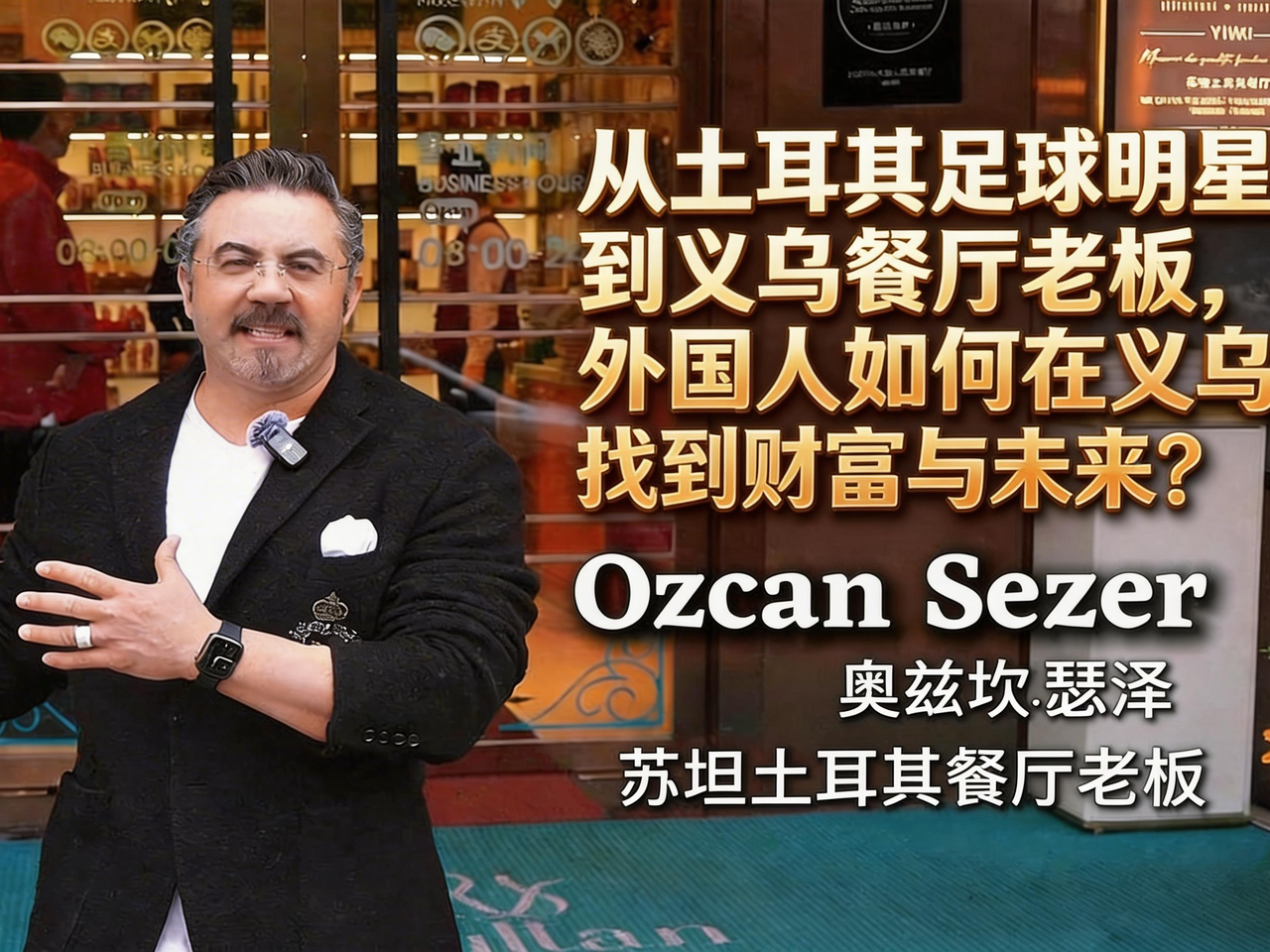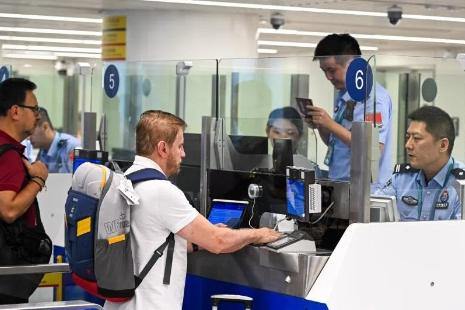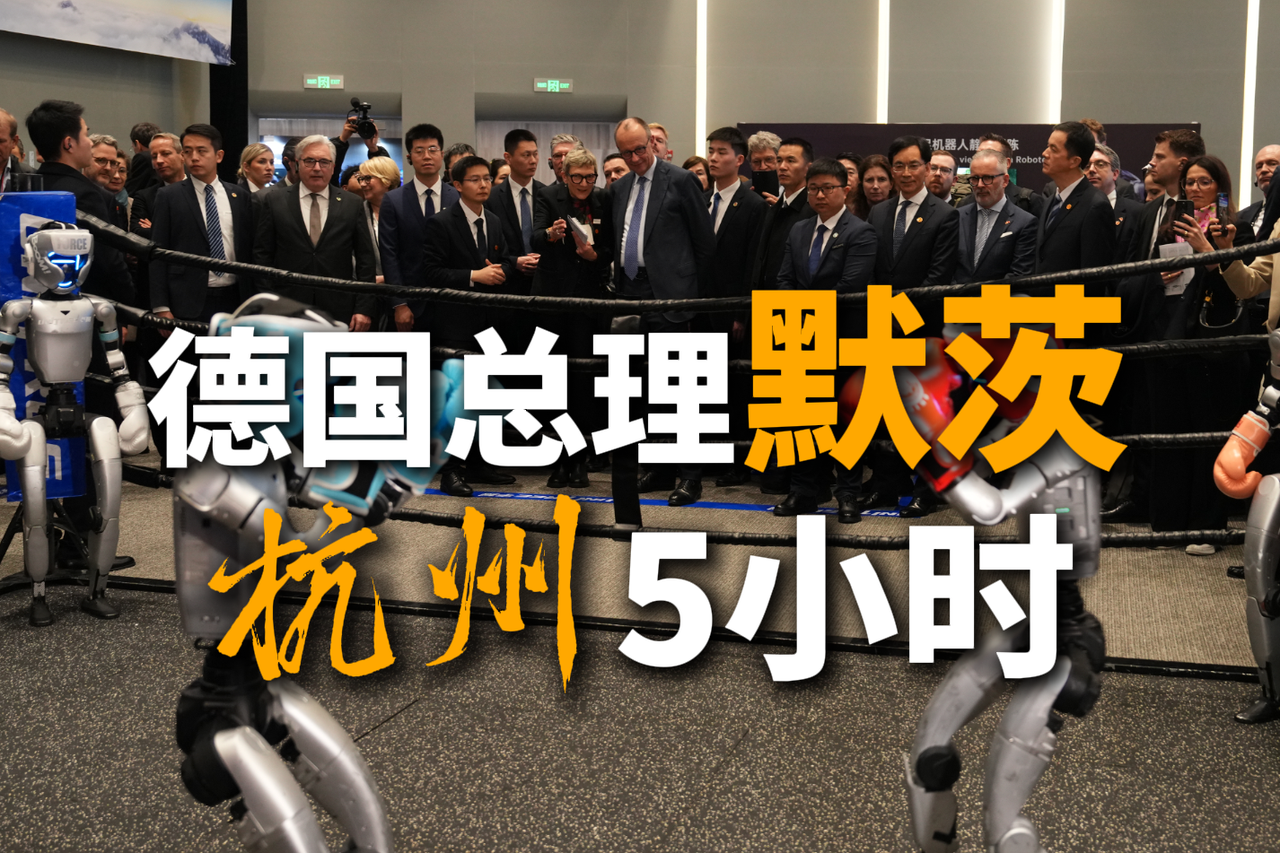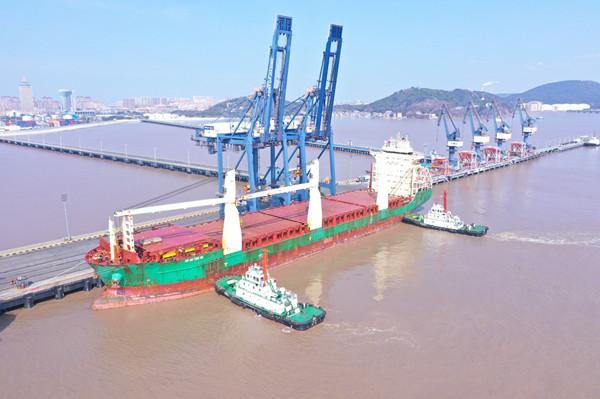The sun parched the earth like a big fireball. Wang Jinliang was discussing the skills of pruning and fertilizing with local farmers in Jinping town, Pingshan City, Sichuan province, more than 2,000 kilometers far from his hometown. This is also the main producing area of Yinhong plums, the specialty of Pingshan City.
Although Wang is a foreigner in Pingshan, many local people admire him a lot. It turns out that in October 2018, Wang Jinliang came to Pingshan, his hometown Haiyan's counterpart, for a temporary post to implement the targeted poverty alleviation project of the standardized production and brand marketing of Yinhong plum. During the less than two years, Wang Jinliang was never afraid of failure and unreservedly imposed agricultural knowledge to local farmers.
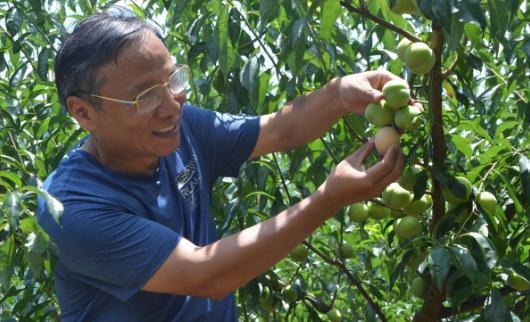
When Wang was a newcomer, nobody here agreed with his idea of reducing the quantity and improving quality.
Wang Jinliang was born in the Haiyan countryside in 1963. His grandparents and parents were all farmers. After graduating from the former Zhejiang A&F University majoring in plant protection, he returned to Haiyan with a passion for farming and took root in the field of agricultural technology promotion.
Over the past 30 years, Wang Jinliang and his colleagues have observed the occurrence of pests in the fields almost every day, and recovered about 40,000 tons of grain loss worth 120 million yuan for Hanyan every year.
In March 2017, Haiyan established a pair-assistance with Pingshan, which was a state-level poor county. The Yinhong plum industry is its pillar industry and the main channel for farmers to increase their income. The fruit planting area of the county is 180,000 mu, of which 120,000 mu was used to plant Yinhong plums.
At that time, Pingshan fruit farmers still planted plums in the traditional way, resulting in the small shape and poor taste. At the worst of the market, one kilogram of the plums could only be sold for about 6 dimes, and fruit farmers had insufficient income to guarantee food and clothing.
After knowing the situation, Wang Jinliang went to Pingshan in April 2018 to deliver a course on agricultural technology cooperation, which was about how to improve the quality of Yinhong plum and solve the bottleneck problems such as backward mode of agricultural production and limited means of pest control.
Wang Jinliang decided to stay here after teaching the course. The first thing Wang Jinliang did in Pingshan was to control the output of Yinhong plums.
In the eyes of local growers, this way meant less production and inevitably less income. However, the objections from them did not push Wang to give up. "Since the farmers don't believe me, I will set a good example for them," he said.
In that year, Wang Jinliang used poverty alleviation funds to invest 1.5 million yuan to establish a standard demonstration base of 6,300 mu of Yinhong plums, and set up a technical standard for its production, requiring that the output be reduced by about 30%.
Wang Jinliang was taking the first step to gain the trust of local farmers.
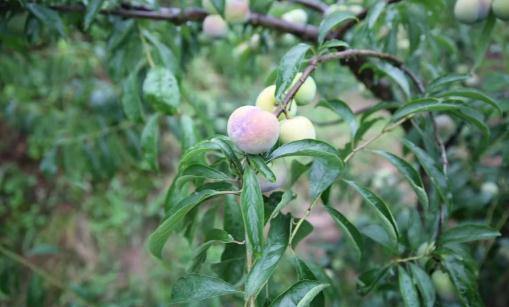
Wang Jinliang's method of controlling production is to dwarf the fruit trees. "Tall trees produce a lot of fruit, but actually only a small portion of the fruit at the top of the tree gets enough sunlight for photosynthesis," Wang explained. Only when the tree is dwarfed and the redundant branches are pruned away, can the nutrients be absorbed, the sunlight is evenly distributed, and the fruit is big and sweet.
It seems absurd to prune three or four meters of Yinhong plum trees to more than one meter, but it is the key to increasing their quality, as well as the first step in changing the planting philosophy of local fruit farmers.
Next, while managing the demonstration base, he personally visited fruit farmers, presidents of cooperation, and local agricultural experts to do persuasion and hold training courses.
Impressed by Wang's persistence and the thriving Yinhong plums in the demonstration base, local growers gradually took the initiative to cut away the extra branches of their own plum trees.
The actions of the villagers made Wang relieved. In order to make Yinhong plum a high-level kind of fruit, Wang made good use of his talent and spent two months to make a diagram of standardized cultivation model of Pingshan’s Yinhong plums, on which the operating point of each month, management notes, fertilizer, and other content are shown. Besides, he posted it to the homes of every grower, in order to make them learn quickly and understand deeply.
Through production control, quality improvement, and standardized cultivation management, in 2019, the total output of Yinhong plum in Pingshan decreased from 100,000 tons in 2018 to 70,000 tons, but the output value increased from 350 million yuan to 500 million yuan. The county's fruit farmers increased their income by more than 150 million yuan, and more than 2,500 poor families who planted Yinhong plums were lifted out of poverty. Pingshan’s total output value is expected to exceed 600 million yuan this year.
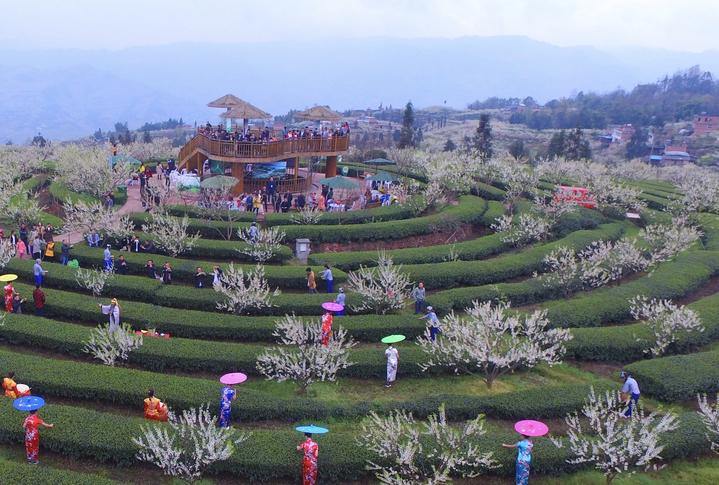
At the beginning of the year, a sudden outbreak of pandemic posed challenges to the Yinhong plum industry that just got back on track. Therefore, Wang Jinliang, who should have ended the temporary post, decided to continue to stay here.
"The production of plums has no problem, but Yinhong plums’ sales and promotion still need to be developed," Wang said. This is the third time that Wang Jinliang has chosen to postpone his term. This time, he planned to expand the market and create the poverty alleviation mode of the whole industrial chain transformation of Yinhong plum.
As the pandemic leveled off, Wang Jinliang went to Shanghai, Shenzhen, Guangzhou, Chengdu, Guangxi and other places with local agricultural experts and co-op presidents. Relying on Pingshan Fruit Industry Association, he took the initiative to sell Yinhong plums to large fruit supermarkets and distributors all over the country.
The sales and promotion made Yinhong plums become famous. Since the beginning of June, businessmen all over the country have been coming to Pingshan to buy plums.
In order to open up the market, Wang Jinliang made a bold attempt: teaching the farmers to use the Internet. He understood that another major reason for the dull of the sale of Yinhong plums is traffic congestion and information occlusion. For this sake, he invited professional people to open Pingshan’s online sales channels of Yinhong plums. Once the farmers click the screens of their mobile phones, orders will come one after another.
At present, the Yinhong plum industry in Pingshan has found a path of targeted poverty alleviation that can be copied and promoted. When asked when he would return to Haiyan, Wang said: "Only when I can see the steadily increasing income of farmers brought by Yinhong plums can I feel relieved to end my temporary employment."
Since 1996, Zhejiang province has been giving pair-assistance to Sichuan province. According to statistics, in 2019, 32 industrial parks have been built, 217 enterprises have been guided to invest in Sichuan, and 7.04 billion yuan has actually been allocated, lifting 11,000 poor people out of poverty. A total of 520 million yuan of Sichuan agricultural products or handicrafts were sold to help increase the income of 9,700 poor people and lift them out of poverty.
(Compiled by Xu Yuhong, translated by Zou Guan'er)

